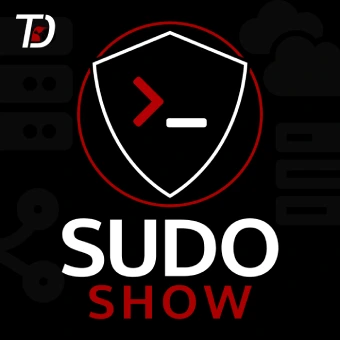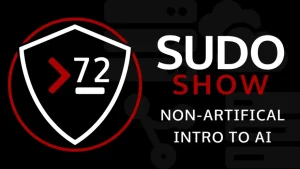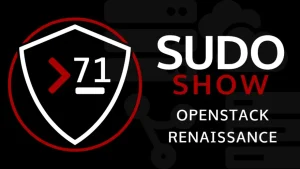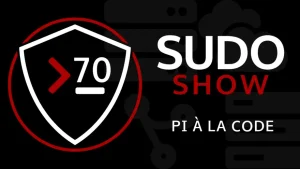Bill, along with Neil and Brandon, dives into the world of Atomic desktops within the Fedora community on their podcast, The Sudo Show. They introduce the concept of “water cooler episodes” where they explore a range of intriguing topics in the open-source community. Each of the Atomic desktop variants, such as Silverblue, Kinoite, Sericea, and Onyx, is overseen by specialized interest groups within Fedora. The team engages in a lively debate about the naming conventions for these variants and delves into the crucial principles of ensuring reliable updates and system safety within the Atomic desktop framework.
The hosts tackle the challenges associated with managing packages between RPM OS tree and flat packs, emphasizing the significance of server-side composition for scaling deployments effectively. They also discuss the potential of introducing Atomic spins in various desktop environments, like the XFCE-based VoxSight prototype. Brandon provides insights on utilizing container files for distribution ease, while Neil elaborates on the core tenet of server-side composition in RPM OS tree technology.
The conversation smoothly transitions into exploring the practical application of Atomic desktops in fleet management scenarios, highlighting their suitability for low-customization and low-maintenance workloads similar to Chromebooks. The hosts offer contrasting viewpoints on user experiences for developers and basic computing needs, deliberating on the feasibility of Atomic spins based on individual use cases. They speculate on the broader adoption of Atomic spins across different Linux distributions, pondering whether this server-centric approach could potentially become a standard in the open-source realm or remain restricted to specific enterprise-oriented distributions.
Reflecting on the future potential of Atomic desktops beyond Fedora, the hosts consider their adaptability in other Linux ecosystems such as Debian and Arch-based distributions. They ponder whether this innovative distribution delivery approach will witness widespread acceptance or retain its niche status in the Linux domain. The insightful discussion sheds light on the intricacies of integrating Atomic spins into existing distribution landscapes, offering valuable perspectives on the future of immutable desktops in the open-source sphere.
In a separate segment, Neal and the group explore varying approaches to atomic updates within different Linux distributions. They touch upon Ubuntu’s use of snaps for composing dependency groups, OpenSUSE redirecting transactions to an offline target through BTRFS subvolumes, and atomic updates in Arch-based Steam OS. The conversation shifts towards discussing the evolving relationship between Nouveau and NVIDIA, with the open-source driver incorporating firmware for enhanced performance akin to AMD GPUs. The group delves into topics like Vulkan compilers, the promise of improved reliability, and the implications for CUDA applications.
00:00:13 Welcome to The Sudo Show
00:02:19 Around the Water Cooler
00:27:13 NVIDIA Nouveau Updates
00:40:21 Linux Graphics Driver Components
00:46:55 Advancements in OpenCL Implementations
00:49:48 Exciting Features of KDE Plasma 6
00:51:49 Integration of SDDM in KDE
00:56:51 Challenges with KDE’s PIM Suite
00:59:40 Issues with CalDAV Implementations
01:02:32 Revitalization of KDE’s PIM Stack
01:04:51 Returning to Work at the End



